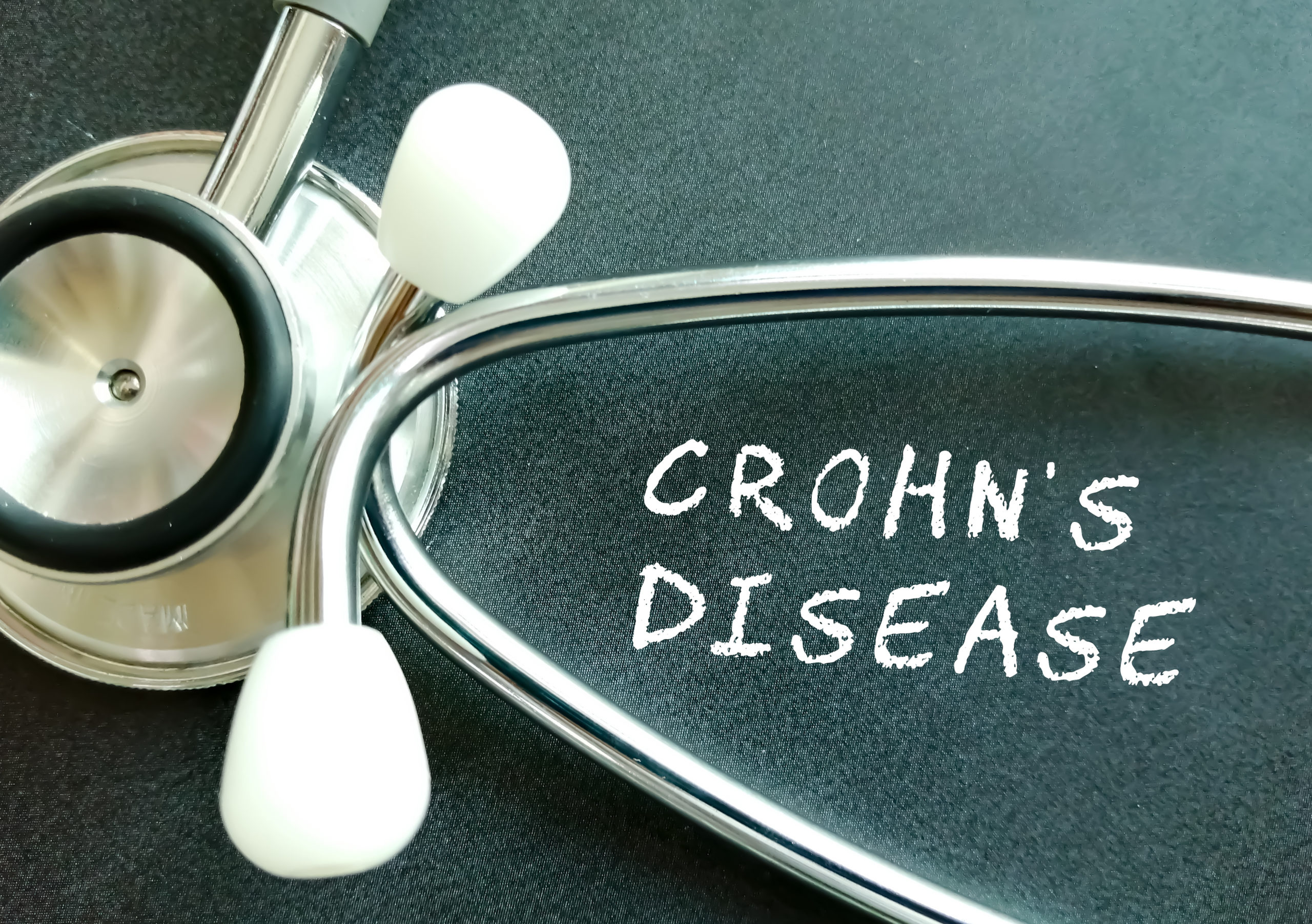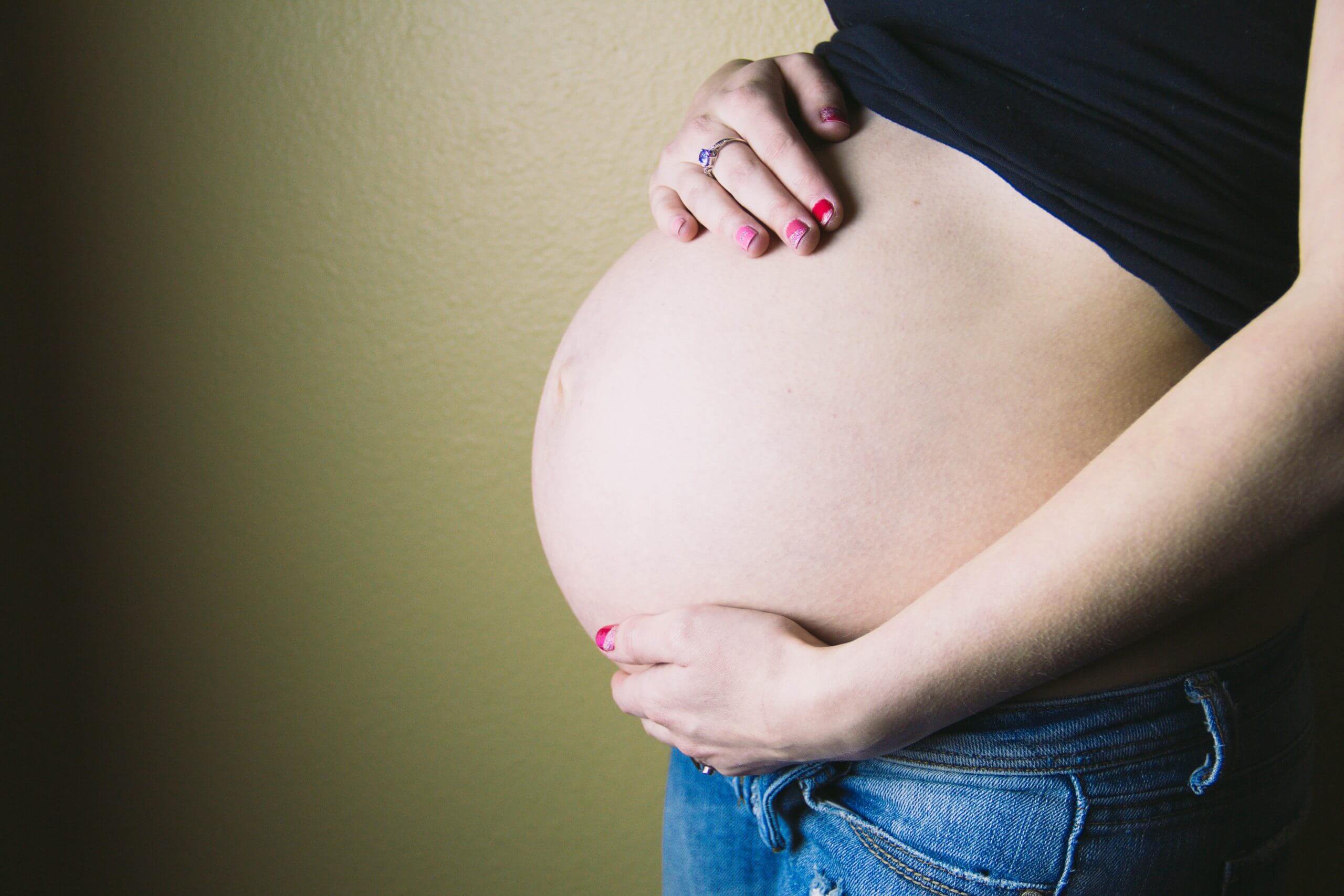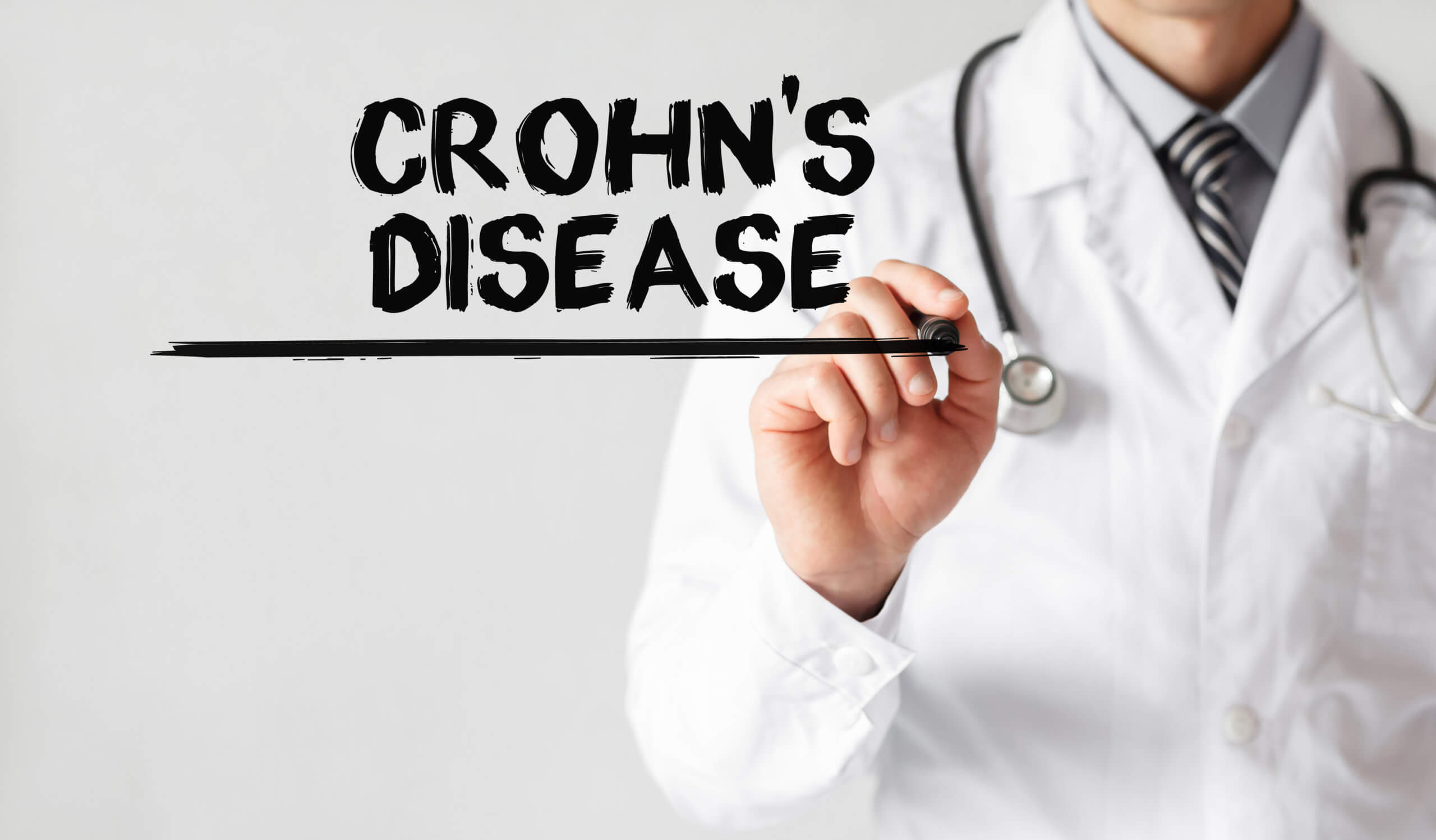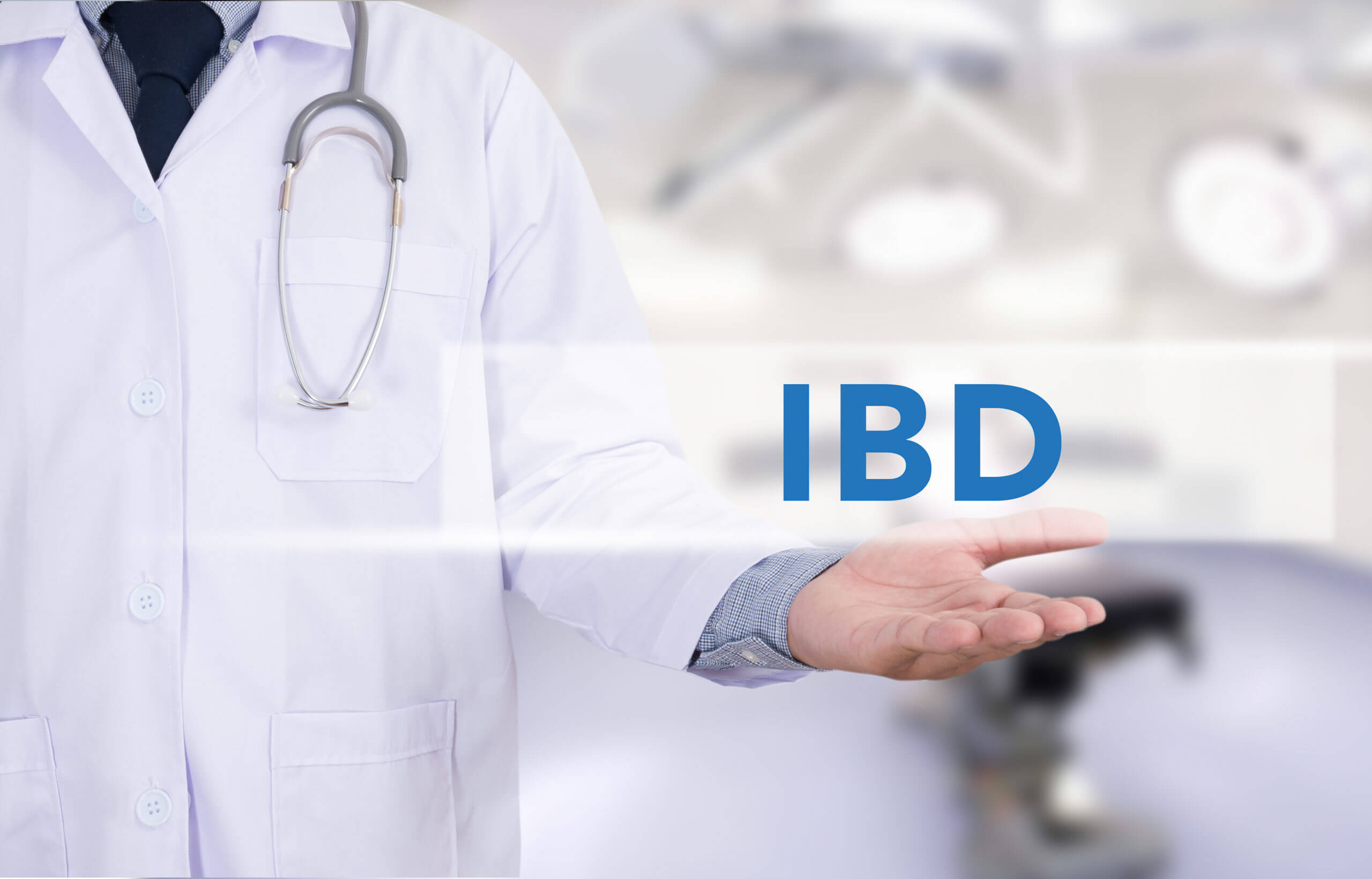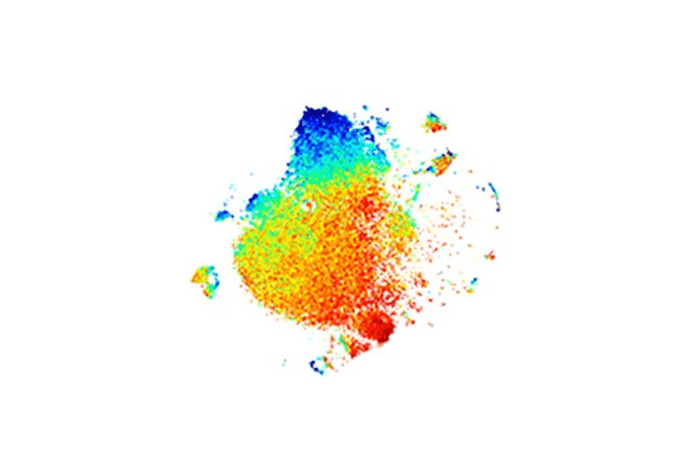The Gut’s Invisible Shield: How a Missing Protein Makes Crohn’s Disease Worse
In the battle against intestinal disease, our bodies employ multiple lines of defense to keep harmful bacteria at bay. While most of us never think about these protective mechanisms, people with Crohn’s disease experience what happens when these defenses fail.
